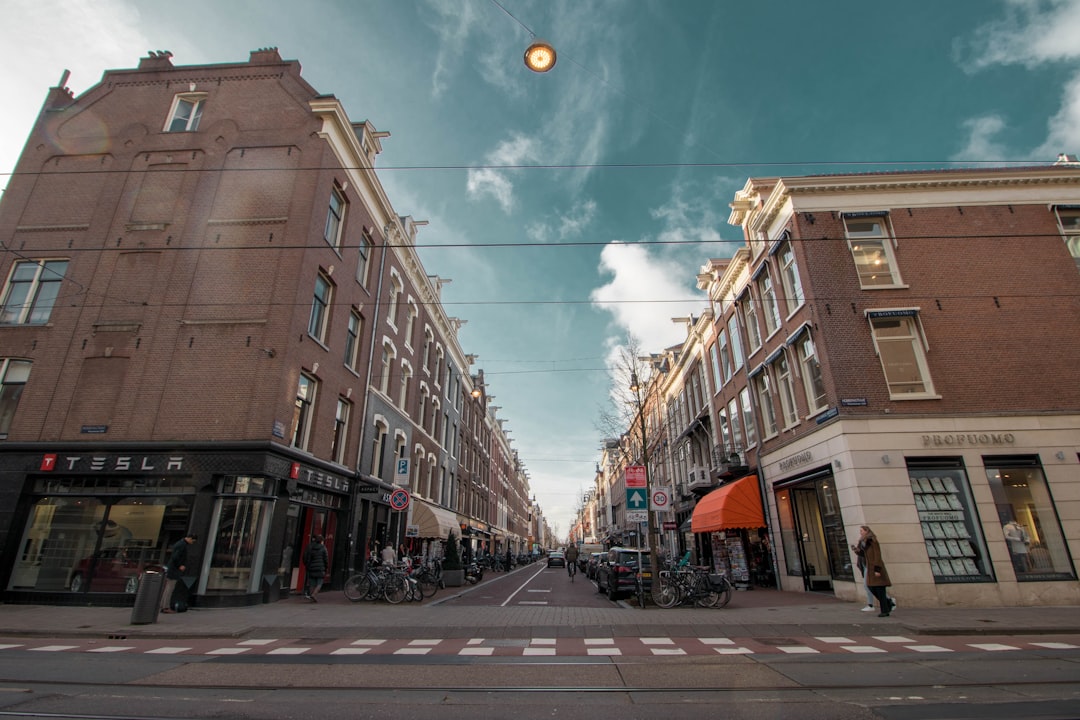Is Tesla a Luxury Brand?
Short Answer
Tesla is generally perceived as a luxury automaker, though opinions vary depending on which definition of “luxury” you favor (price point, features, brand positioning, or customer perception).
1. How the Auto Industry Typically Defines “Luxury”
| Dimension | Typical Luxury Benchmark |
|---|---|
| Price | Higher than mass-market average |
| Materials & Craftsmanship | Premium interiors, advanced tech |
| Performance | Superior acceleration, handling, refinement |
| Brand Heritage | Association with exclusivity and status |
| Ownership Experience | Concierge-level service, perks, brand clubs |
2. Where Tesla Fits on These Dimensions
Price
• Model S, Model X, and high-spec Model 3/Y trims cost as much—or more—than many traditional luxury cars (BMW 5-Series, Mercedes E-Class, Audi e-tron).
• Entry-level trims (e.g., base Model 3) dip closer to premium-mainstream territory.Materials & Craftsmanship
• Minimalist interiors, large center screen, vegan leather.
• Critics note inconsistent panel gaps, simpler cabin materials than Mercedes or Lexus.Performance
• Quick 0-60 mph times (Plaid: ~2 s).
• Over-the-air updates continually add features.Brand Heritage & Perception
• Seen as an innovator and status symbol, especially in technology-savvy circles.
• Surveys (e.g., Consumer Reports, JD Power) often place Tesla alongside BMW and Audi in “luxury” mindshare.Ownership Experience
• Direct-to-consumer sales, mobile service fleet, Supercharger network.
• Fewer dealerships and some service delays can detract from a classic luxury experience.
3. Arguments For Calling Tesla a Luxury Brand
- Price Positioning: Most Teslas sell above the average new-car price in the US (~$48 k in 2024).
- Performance & Tech Leadership: Cutting-edge battery tech, Autopilot, large infotainment screens.
- Brand Cachet: Early-adopter appeal; driving a Tesla signals environmental stewardship and tech savvy.
- Competitive Set: Frequently cross-shopped against BMW, Mercedes, Porsche, Audi e-tron, Lucid.
4. Arguments Against Calling Tesla a Luxury Brand
- Interior Fit & Finish: Simplistic cabins and variable build quality rank below German luxury rivals.
- Service Footprint: Limited service centers; traditional luxury brands offer more white-glove perks.
- Model 3/Y Volume: High production volumes and ride-share usage blur exclusivity.
- Broadening Market Strategy: Upcoming lower-cost models aim at the mainstream, potentially diluting luxury positioning.
5. Market Data Snapshot (US, Q1 2024)
| Brand | Avg Transaction Price (USD) | Registrations in “Luxury” Segment* |
|---|---|---|
| Tesla | ~55 k | #1 (≈28 % share) |
| BMW | ~63 k | #2 |
| Mercedes | ~71 k | #3 |
* Source: Experian Automotive & Cox Automotive reports. Tesla is counted within the luxury registration category by most analysts.
6. Verdict
Tesla satisfies many—but not all—traditional hallmarks of luxury. High prices, cutting-edge tech, and strong brand prestige align it with the premium segment, especially for Model S and Model X. However, minimalist interiors, scaling production, and an evolving mass-market strategy create caveats.
Bottom line: In today’s market analytics and consumer perception, Tesla is largely regarded as a luxury brand, though the label is more about innovation and performance than old-school opulence.
